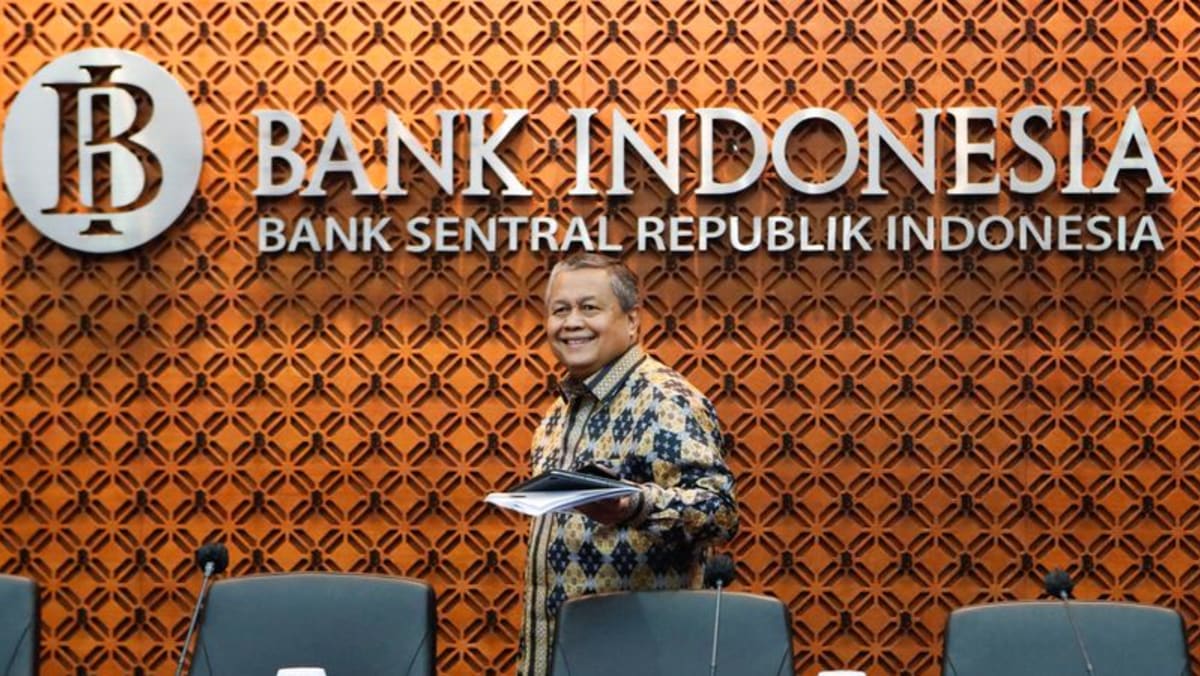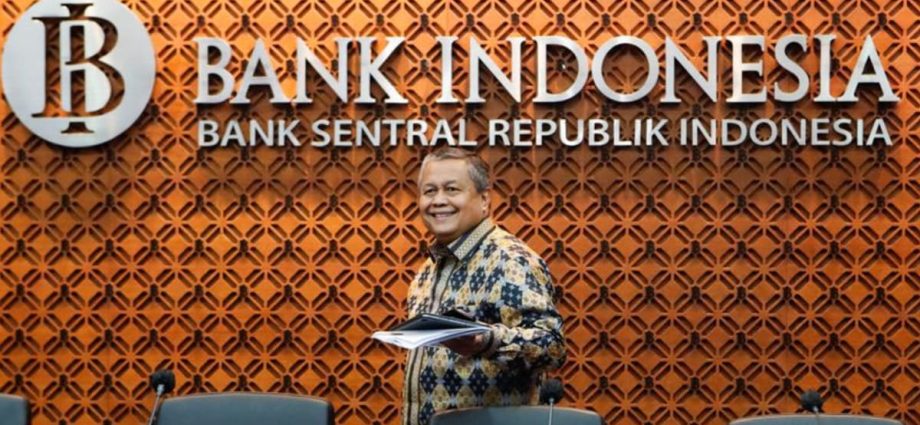
JAKARTA: Indonesia’s inflation will remain above 5 per cent in the first half of 2023, mainly on high food prices, before falling below 4 per cent in the second half, central bank Governor Perry Warjiyo said on Sunday (Mar 5), warning that the fight to control inflation must continue.
“The game is not over, let us together anticipate inflation, mainly food inflation,” Perry said at an event on Makassar, in South Sulawesi, where he urged local authorities to work with the central government to reduce inflationary pressures.
“We must control inflation because it relates to people’s prosperity and welfare,” he said. “Let’s strengthen synergy amongst stakeholders to control inflation.”
The Consumer Price Index in Southeast Asia’s largest economy rose 5.47 per cent in February from a year earlier, largely due to higher prices for fuel, rice, cigarettes and air travel, though core inflation unexpectedly slowed to 3.09 per cent.
Prices of food, mainly rice and cooking oil, rose in most provinces during the past month, Perry said, and they are expected to rise further in coming weeks due to high demand ahead of the Muslim fasting month of Ramadan, starting this month and the Eid al-Fitr festival in April.
The El Nino weather phenomenon, resulting from a warming of the Eastern Pacific Ocean waters, is expected to lead to dry weather for Indonesia and reduce food output later this year, putting more upward pressure on prices.
To help Indonesians deal with inflation, the government will provide social assistance by distributing rice, eggs, and chicken, chief economic minister Airlangga Hartarto said at the Makassar event.
The assistance will be distributed in March, April and May, he said. Indonesia now gives cash transfers under a separate programme.
“The government and central bank will continue our synergy” to achieve the government’s target of 3.6 per cent for the full year, “and this will become a strong foundation to face uncertainty in 2023 and 2024,” Airlangga said.
The government will also provide subsidies for the transportation sector and cut the price of several food commodities for lower-income people, he said, without elaborating.

